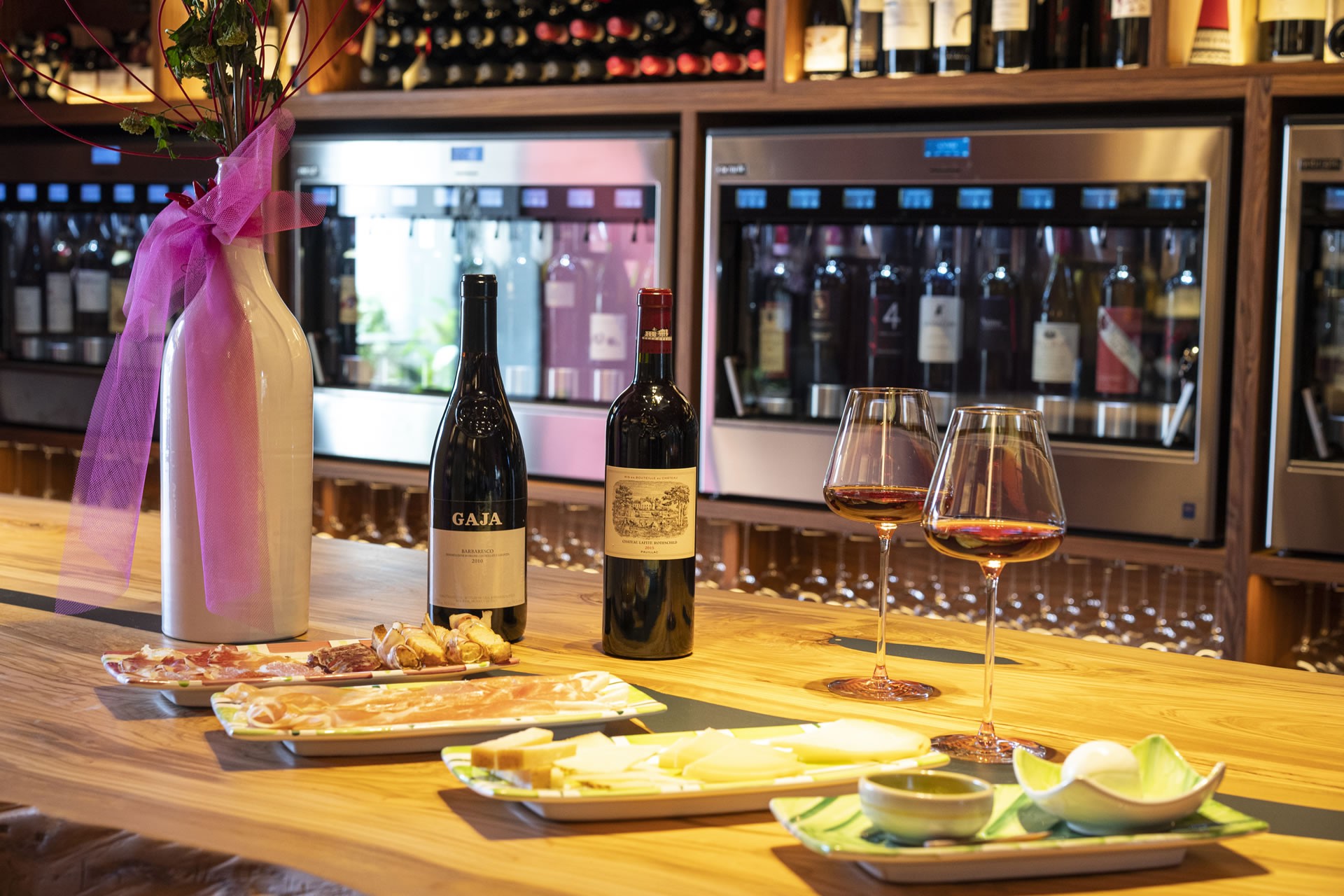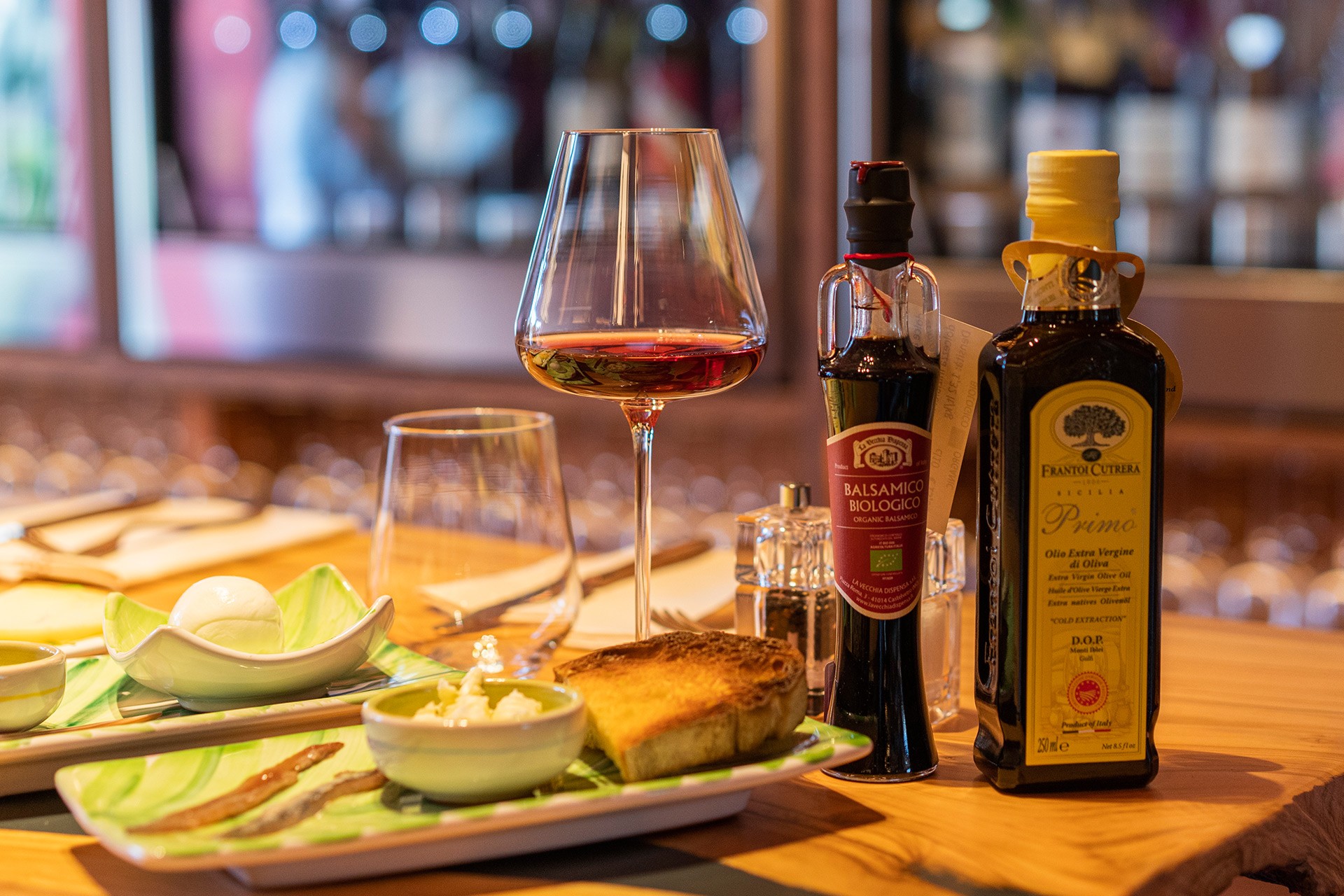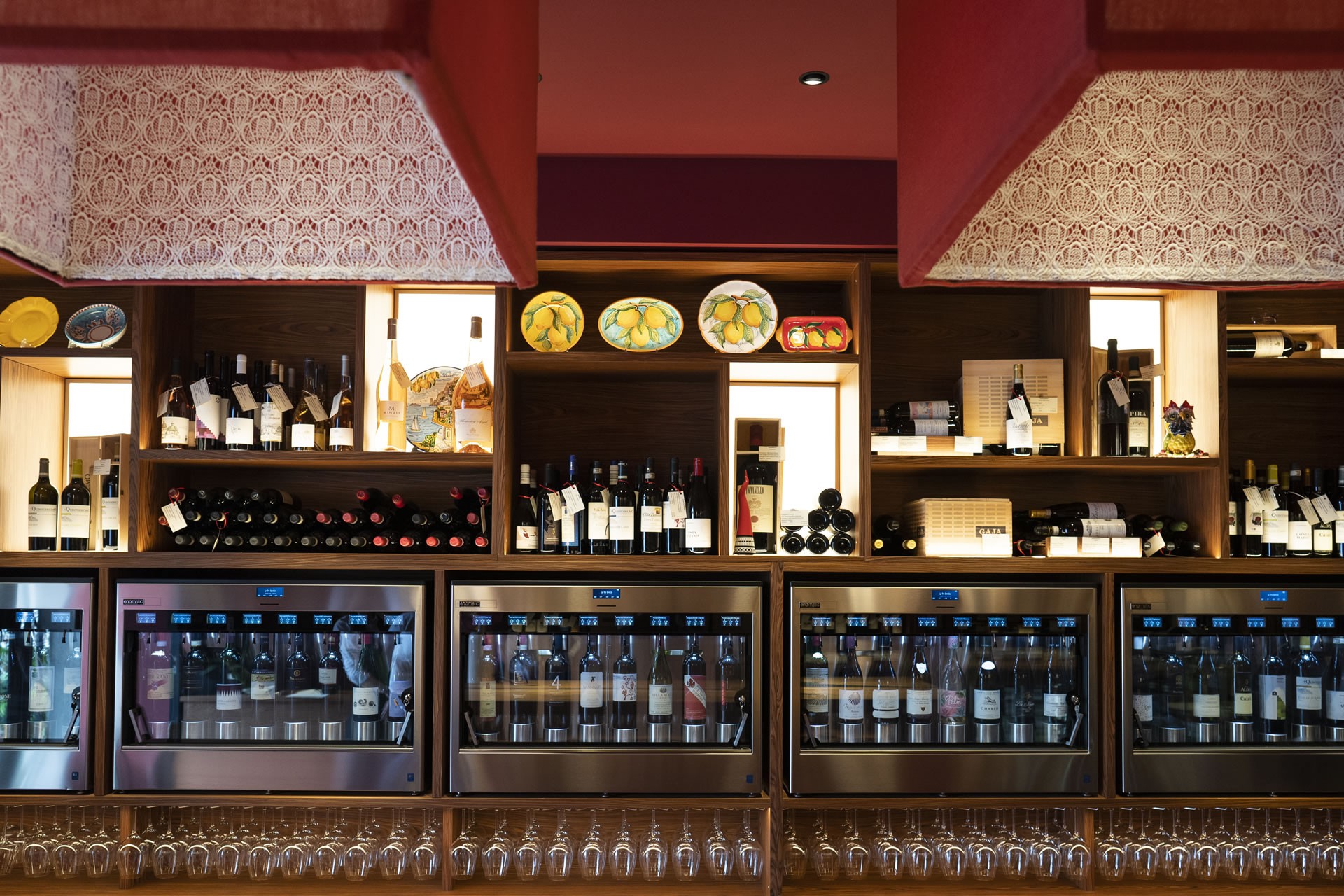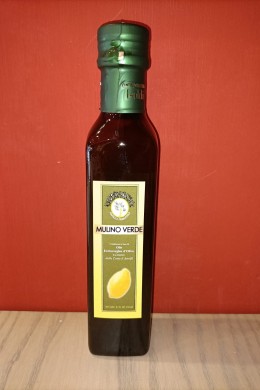
Wine Bar & Shop in the Heart of Positano

Wine Bar & Shop in the Heart of Positano

Wine Bar & Shop in the Heart of Positano
- Home
-
Shop
-
-
Spumante
- Rosè Wine
-
-
Campania
- Alto Adige
-
Toscana
- Baricci
- Baron Patrick De Ladoucette
- Biondi Santi
- Ca Marcanda
- Capannelle
- Casanova di Neri
- Castell'in villa
- Castello del Terriccio
- Castello di Ama
- Castello di Monsanto
- Caterina Dei
- Cerbaiona
- Ciacci Piccolomini d'Aragona
- Col d'Orcia
- Cupano
- Donna Olimpia 1898
- Franchetti Tenuta di Trinoro
- Frescobaldi Luce della vite
- Gianni Brunelli
- Grattamacco
- Guado al Tasso
- Il Marroneto
- Il Paradiso di Manfredi
- Isole e Olena
- La Macchiole
- Le Ragnaie
- Livio Sassetti
- Marchesi Antinori
- Masseto
- Mazzei Castello di Fonterutoli
- Montevertine
- Ornellaia
- Pian dell'Orino
- Pieve Santa Restituta
- Podere Poggio Scalette
- Poggio di Sotto
- Solaria Patrizia Cencioni
- Stella di Campalto
- Tenuta di Valgiano
- Tenuta Fertuna
- Tenuta Fontodi
- Tenuta Le Potazzine
- Tenuta San Guido
- Tenuta Sette Ponti
- Tua Rita
-
Piemonte
- Braida Giacomo Bologna
- Brovia
- Burlotto
- Cavallotto
- Coppo
- Dante Rivetti
- Diego Morra
- Domenico Clerico
- Elio Altare
- Elio Grasso
- Ettore Germano
- Falletto di Bruno Giacosa
- Fratelli Alessandria
- Gaja
- Giacomo Fenocchio
- Giovanni Canonica
- Giovanni Corino
- Giovanni Rosso
- Giuseppe Cortese
- Giuseppe Mascarello
- Giuseppe Rinaldi
- Guido Porro
- La Spinetta
- Luciano Sandrone
- Luigi Einaudi
- Marchesi di Barolo
- Massolino
- Oddero
- Paolo Conterno
- Paolo Scavino
- Piero Busso
- Pira Chiara Boschis
- Principiano Ferdinando
- Produttori del Barbaresco
- Roagna I Paglieri
- Roberto Voerzio
- Scarzello
- Vietti
- Sardegna
- Calabria
-
Veneto
-
- Portogallo
- Spagna
- Germania
- Organic wine
- Biodynamic
- Naturale
- Triple A
- Orange Wine
- Magnum
- Doppio Magnum
- TASTING BOX
- Vini da Dessert
- EVO Oil
- BALSAMIC VINEGAR
- Ceramic
- With case or wooden case
-
- Wine Room
- Home
-
Shop
-
-
Spumante
- Rosè Wine
-
-
Campania
- Alto Adige
-
Toscana
- Baricci
- Baron Patrick De Ladoucette
- Biondi Santi
- Ca Marcanda
- Capannelle
- Casanova di Neri
- Castell'in villa
- Castello del Terriccio
- Castello di Ama
- Castello di Monsanto
- Caterina Dei
- Cerbaiona
- Ciacci Piccolomini d'Aragona
- Col d'Orcia
- Cupano
- Donna Olimpia 1898
- Franchetti Tenuta di Trinoro
- Frescobaldi Luce della vite
- Gianni Brunelli
- Grattamacco
- Guado al Tasso
- Il Marroneto
- Il Paradiso di Manfredi
- Isole e Olena
- La Macchiole
- Le Ragnaie
- Livio Sassetti
- Marchesi Antinori
- Masseto
- Mazzei Castello di Fonterutoli
- Montevertine
- Ornellaia
- Pian dell'Orino
- Pieve Santa Restituta
- Podere Poggio Scalette
- Poggio di Sotto
- Solaria Patrizia Cencioni
- Stella di Campalto
- Tenuta di Valgiano
- Tenuta Fertuna
- Tenuta Fontodi
- Tenuta Le Potazzine
- Tenuta San Guido
- Tenuta Sette Ponti
- Tua Rita
-
Piemonte
- Braida Giacomo Bologna
- Brovia
- Burlotto
- Cavallotto
- Coppo
- Dante Rivetti
- Diego Morra
- Domenico Clerico
- Elio Altare
- Elio Grasso
- Ettore Germano
- Falletto di Bruno Giacosa
- Fratelli Alessandria
- Gaja
- Giacomo Fenocchio
- Giovanni Canonica
- Giovanni Corino
- Giovanni Rosso
- Giuseppe Cortese
- Giuseppe Mascarello
- Giuseppe Rinaldi
- Guido Porro
- La Spinetta
- Luciano Sandrone
- Luigi Einaudi
- Marchesi di Barolo
- Massolino
- Oddero
- Paolo Conterno
- Paolo Scavino
- Piero Busso
- Pira Chiara Boschis
- Principiano Ferdinando
- Produttori del Barbaresco
- Roagna I Paglieri
- Roberto Voerzio
- Scarzello
- Vietti
- Sardegna
- Calabria
-
Veneto
-
- Portogallo
- Spagna
- Germania
- Organic wine
- Biodynamic
- Naturale
- Triple A
- Orange Wine
- Magnum
- Doppio Magnum
- TASTING BOX
- Vini da Dessert
- EVO Oil
- BALSAMIC VINEGAR
- Ceramic
- With case or wooden case
-
- Wine Room
List of products by brand I Soldi
In one of the most enchanting places in Campania, in Buccino, an ancient Roman colony evoked by Roman historians for the cultivation of olive trees, the Isoldi family cultivates olive trees of the "carpellese" and "frantoio" varieties on its estates, in accordance with ancient traditions.In 1933, after a brief stay in Cilento, Giuseppe Ungaretti wrote: "olive trees, always olive trees! In the middle are olive trees, like sheep in droves." As in the past, the olives are scrupulously hand-picked in October and November, selected and processed a few hours later in the farm's olive mill, which uses state-of-the-art technology, to obtain a few selections of limited-run oils.
After a period of natural decanting, the oil is bottled unfiltered to maintain its original organoleptic characteristics over time. The Isoldi oil mill produces two different extra virgin oils in addition to numerous flavored oils: Aureo, and olio del Re denocciolato, both characterized by low acidity (never more than 0.20 percent at origin). The former, green in color with golden highlights, is recognizable by its particular sweet taste, full flavor and lively aftertaste. Suitable for all diets and ideal for all dishes.
Commonly, extra virgin olive oil is obtained by crushing the olive with the stone. In doing so, commingling between the kernel and pulp takes place, giving certain characteristics to the final product.
Recently, thanks to new techniques and research, the technique of pitting has been made possible, which allows oil to be extracted from the olive pulp alone. This particular oil has the advantage of very low acidity and high resistance to oxidation, thanks to the removal of the stone from the extraction process.
Our company is located in Buccino a small town in the province of Salerno rich in history and traditions.
History, because Buccino stands on the remains of an ancient Roman town called Volcei. During repair work on the damage caused by the tremendous earthquake of 1980, relics from the era dating back to the sixth century B.C. emerged, today perfectly embedded in the lives of the inhabitants, so much so that to admire the remains of ancient Volcei one has to pass through their homes, admiring with emotion evidence of life dating back some 3,000 years. Tradition, because as recent findings testify, olive growing was widely practiced even at that time.
So all we have done is to continue the tradition by achieving the same result albeit with innovative technologies. In practice: the olives once harvested, scrupulously by hand, or through the use of mechanical equipment such as vibrating combs or shakers, are immediately transported to the mill in special well-ventilated crates, thus preserving them from possible crushing and fermentation due to the possible heating of the product.
It should be known that there are oil droplets in olives that are protected by a membrane precisely so that they do not come in contact with the vegetation water found in the olives themselves. Wrong storage, such as transport in sacks, causes the olive to be crushed, the membrane to break, and the oil droplet to come into contact with the vegetation water.
From that moment, lipase starts the acidification process. It is easy to understand, then, that the more time that passes before it is transformed into oil, the less valuable the product becomes. So, we said, the olives are poured into a hopper and started for processing.
The first stage is to separate the olives from the leaves, so they are passed on a conveyor belt where a vacuum cleaner removes the leaves as they are lighter, while the heavier olives are dropped into a tank, where they are washed with running water. After that comes the second phase in which, using a state-of-the-art knife crusher, the olive is broken, thus pulverizing the droplet of oil inside. After about 30 minutes, the resulting paste is passed through a horizontal centrifuge that removes the solid part and the vegetation water, while the oil is further purified by means of a vertical centrifuge.
There is 1 product.

